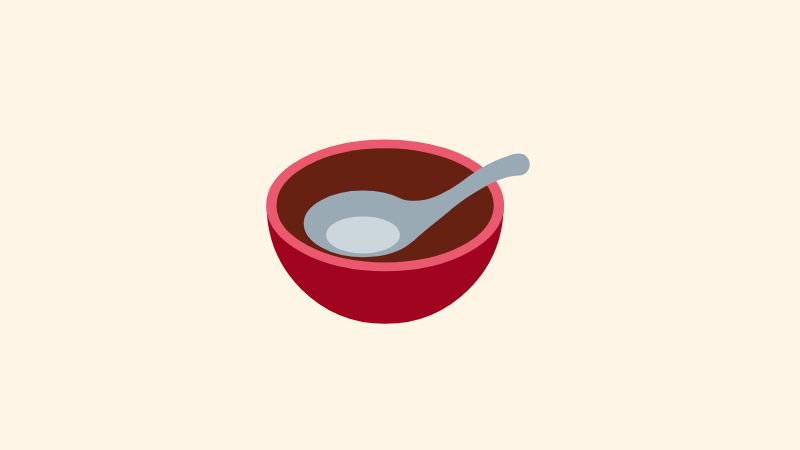Gluten Free Oats & Avenin
Understanding gluten free oats and avenin sensitivity



Fast Facts:
⚡ Oats are naturally gluten free - but are often contamination with gluten unless specifically processed to be safe
⚡ Gluten free oats are available to buy and are a great addition to a balanced diet
⚡ Around 5-10% of people with coeliac disease may react to avenin, a naturally occurring protein in oats
⚡ Avenin doesn't damage the gut like gluten but can trigger symptoms in sensitive individuals
🤔 Are Oats Gluten Free?
Oats themselves do not contain gluten, but the issue lies in how they're grown, harvested, and processed - often alongside wheat, barley, or rye. This means that regular oats are not safe for people with coeliac disease due to cross-contamination.
However, gluten free oats are specially farmed and processed in dedicated gluten free environments to avoid contamination. These oats must meet the legal standard of containing less than 20 parts per million (ppm) of gluten and are usually safe to eat from diagnosis.
🔍 Checking Labels: How to Ensure Oats Are Gluten Free
When shopping, don't be misled by terms like 'pure oats', '100% oats', or 'organic oats' - these are not indicators of gluten safety. Always look for a clear gluten free label.
✅ Plain oats - Must be clearly labelled 'gluten free oats'
✅ Packaged foods - Ingredient must specify 'gluten free oats'
🚫 No mention of gluten free - Then it's not safe to assume they are
👍🏼 Why Include Gluten Free Oats in Your Diet?
For most people with coeliac disease, gluten free oats can offer a range of nutritional benefits:
🌾 Help regulate blood sugar due to their high soluble fibre (beta-glucan)
💛 Support heart health by reducing LDL ('bad') cholesterol
🦠 Promote healthy digestion by feeding beneficial gut bacteria
🍽️ Aid in appetite control by helping you feel fuller for longer
🌿 Provide unique antioxidants (avenanthramides) that may support blood flow and reduce inflammation
🥣 What is Avenin and Can It Trigger Symptoms?
Avenin is a protein found in oats, and while it doesn't harm the gut lining like gluten does, it can cause symptoms in a small group of people with coeliac disease. Signs of avenin sensitivity may include:
- Bloating
- Abdominal pain or cramps
- Diarrhoea
- Excess wind
If you experience these symptoms after eating gluten free oats, you might be amongst the 5-10% of coeliacs who react to avenin. This doesn't mean you need to avoid all gluten free foods - only those containing oats. this includes whole oats as well as oat-containing products like cereals, granola, biscuits, crackers, and some breads.
If symptoms persist, it's wise to speak with a dietitian or coeliac specialist. Often, especially after diagnosis, oats aren't the culprit - and can be safely reintroduced once your gut has healed.
🎯 Quick Recap
Oats can be a nutritious and safe part of a gluten free diet if they’re certified gluten free. While most people with coeliac disease tolerate them well, a small number may react to avenin, a natural oat protein. If you experience symptoms, seek professional advice to rule out avenin intolerance. For everyone else, gluten free oats are a great way to boost fibre, heart health, and gut wellbeing - just remember to check those labels!